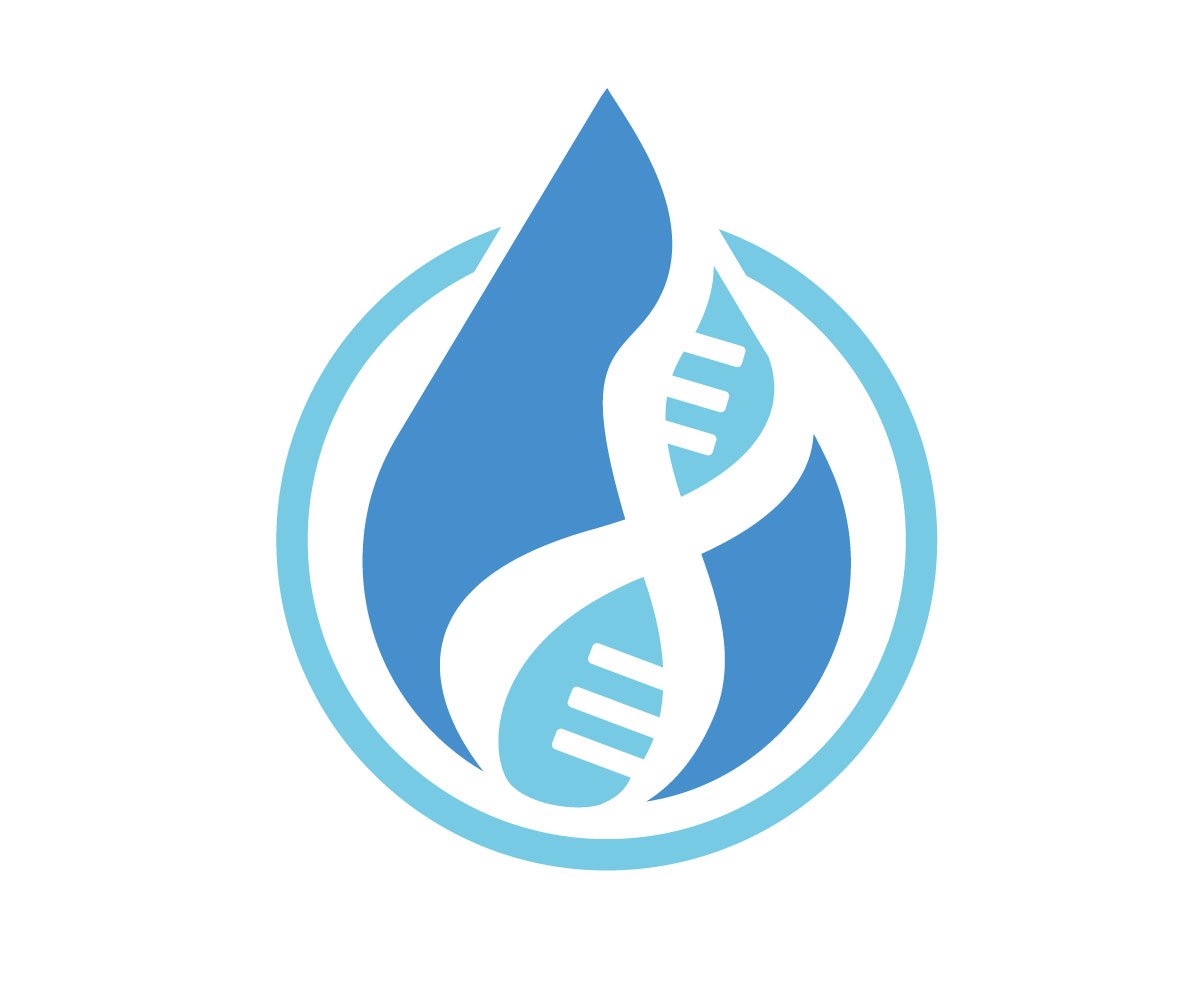DNA Testing: Considerations Before You Test
If you’ve seen a television commercial about DNA testing and thought about ordering a kit for yourself, you aren’t alone. DNA tests, once confined to paternity courts, forensics labs, and medical clinics, are now available for purchase at the drug store or online. The number of tests climbs by the year along with the uses.
With the growth of tests like those from Ancestry and 23andMe, questions naturally arise. These tests promise to connect people to unknown genetic relatives, reveal ethnic background, and possibly uncover latent health factors. Most of the time, no huge discoveries are made from an at-home test. But there is a lot to consider before diving in, as some sticky situations are arising for a minority of testers.
Many of the points to consider are tucked away in the terms of service you agree to when you order a kit.
But how many of us read all the fine print or can read between the lines to fully comprehend a companies’ warnings? Here are some of them, converted into language we all can understand:
Some companies plan to sell your de-identified genetic data and health survey results for profit or will turn it over to researchers or pharma. Are you okay with this?
Some people discover family secrets as a result DNA testing, like a hidden adoption in the family or somebody not matching a parent as a biological child. How would you and family react to this type of surprise?
Some people have discovered that family lore or suspected ethnicity differs from what the DNA shows. How might you feel if a DNA result raises questions about the genealogical truths that have been passed down through your family?
The majority of DNA testing evaluates only a tiny fraction of a person’s entire genome (sometimes as little as 0.02% of it, in fact). Do you know what type of genetic technology is being used by the company you’re ordering a kit from, or how much of your DNA sequence is being taken into account?
DNA results in the medical setting undergo intense scrutiny and must meet rigorous standards of accuracy and usefulness. At-home tests don’t have to meet these same standards, and recurrent issues with at-home DNA results have come to light. Do you understand the extent of limitations for the test you are ordering?
Impact of DNA results on the ability get different types of insurance in the future is a common concern, and the legal protections and potential risks are moving targets. How will you know if the benefits will outweigh the risks for you?
Many people find tremendous value in the results they receive and say that DNA testing has filled in a piece of the puzzle that couldn’t have been filled any other way. The promised benefits outweigh the possible risks for many.
Consider speaking with me or another genetic counselor as you explore your options and are making a decision. Genetic counselors are specially trained professionals who can help you think through and understand the terms of service you’re agreeing to when you hand over your DNA sample, whether to a consumer testing company or in the medical clinic.
Whether the testing you consider has implications for health, family, or ancestry, there’s no better time to think ahead about the results to come than the moment you swab your cheek or spit in a tube.
This article was originally published in the November 2017 Trail Living Magazine and is published with consent of the editor.

